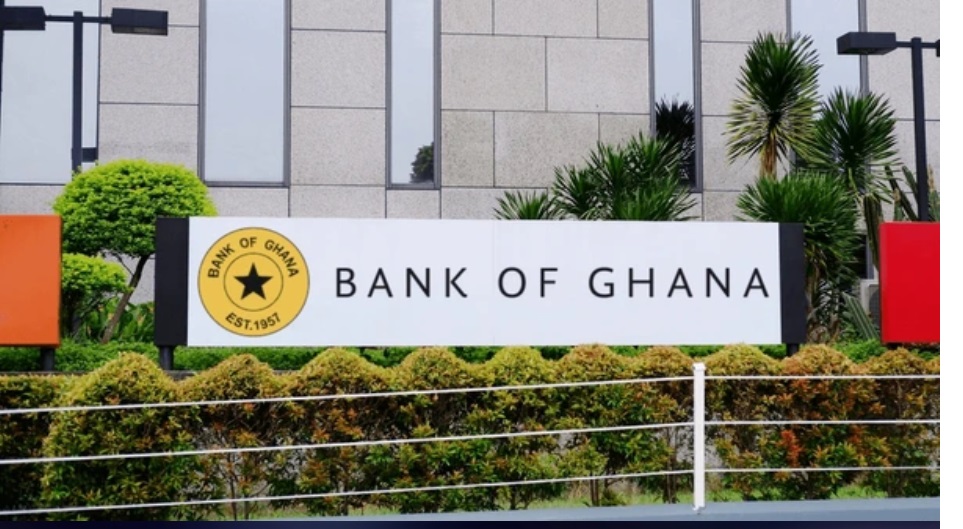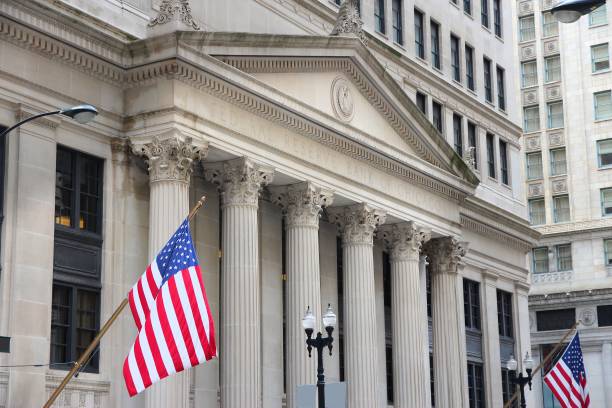
On July 17, 2025, the Bank of Ghana (BoG) convened an emergency Monetary Policy Committee (MPC) meeting in response to shifting macroeconomic indicators. While many anticipated a rate cut due to falling inflation and a strengthening cedi, the Bank opted to maintain the policy rate at 28%—citing caution as the nation navigates its post-crisis recovery.
This move signals the central bank’s focus on consolidating gains rather than triggering rapid economic expansion. But what does this mean for businesses, the average Ghanaian, and the international financial community?
Let’s unpack the key takeaways.
Why Was This Emergency Meeting Called?
BoG typically holds quarterly MPC meetings. However, this special session was convened after:
-
Inflation fell to 13.7% in June—the lowest since 2021.
-
The Ghana cedi gained over 40% in strength year-to-date.
-
Trade and current account surpluses exceeded projections.
-
Growing calls for interest rate reduction from economists, business groups, and analysts.
With these major developments, the central bank needed to reassess the economic landscape ahead of its next scheduled review. Thus the MPC meeting.
Key Indicators Driving the Discussion
| Indicator | Latest Value | Impact |
|---|---|---|
| Inflation Rate | 13.7% (June 2025) | Eases pressure on households and businesses |
| Policy Interest Rate | 28% | Maintained to avoid market shocks |
| Trade Surplus | $5.6 billion (H1 2025) | Positive sign for export sector |
| Cedi Performance | +40% YTD | Strengthens purchasing power and curbs import costs |
| Gross Reserves | $6.2 billion | Boosts confidence in fiscal stability |
Why the Policy Rate Was Not Reduced
While inflation is easing and the cedi is gaining, BoG Governor Dr. Ernest Addison emphasized prudence in the face of global and local risks:
“Our progress is encouraging, but premature easing could reverse the gains. The foundation must be firm before adjustment.”
— Dr. Ernest Addison, Governor, Bank of Ghana
Economists note that a hasty rate cut could trigger:
-
Currency volatility, especially with foreign investors adjusting portfolios.
-
Consumer borrowing spikes without a corresponding supply-side cushion.
-
Return of inflation, especially if fuel or food prices spike due to global trends.
What This Means for Business Owners
-
Loan interest rates remain high. Borrowing costs are still steep for SMEs and startups.
-
Investment planning will remain cautious, especially in real estate and capital goods.
-
Exporters benefit from a stable cedi and strong global demand—particularly gold, cocoa, and oil.
Tip for entrepreneurs: Look for low-interest credit schemes under public-private partnerships like MASLOC or the Ghana EXIM Bank for relief from standard rates.
Impact on the Average Ghanaian
Positives:
-
Lower inflation helps stretch your cedi further—groceries, utilities, and transport are becoming more affordable.
-
Cedi stability improves savings and import purchasing power.
Negatives:
-
High interest rates mean bank loans remain expensive for personal needs.
-
Job growth may remain slow in interest-sensitive sectors like construction and manufacturing.
International Perspective: Ghana Back on Investors’ Radar
International credit rating agencies are starting to warm back up to Ghana. The IMF’s recent $367 million disbursement reflects confidence in fiscal reforms and debt management.
“Ghana is emerging from the storm. Policy clarity and discipline are what foreign investors want to see.”
— Anna Boshoff, West Africa Lead Analyst, Barclays Africa
Expect increased capital inflows into sectors like agriculture, mining, fintech, and green energy if the current macroeconomic stability continues.
What to Expect in the Coming Months
With a regular MPC meeting scheduled for late August 2025, here are some likely scenarios:
-
If inflation drops below 12%, a rate cut becomes very likely.
-
If global oil or food prices spike, BoG may hold or even hike rates again.
-
Further debt restructuring deals, such as the €2.5 billion package with France, may create additional fiscal space.
Conclusion
Ghana’s central bank is playing a long game. By holding the policy rate steady, it signals confidence in current reforms—but also discipline in maintaining economic recovery.
For businesses, this is a call to innovate within current constraints. For consumers, it’s a moment to stabilize spending and savings. And for the country, it’s a sign that we’re moving—cautiously but surely—towards lasting financial health.







